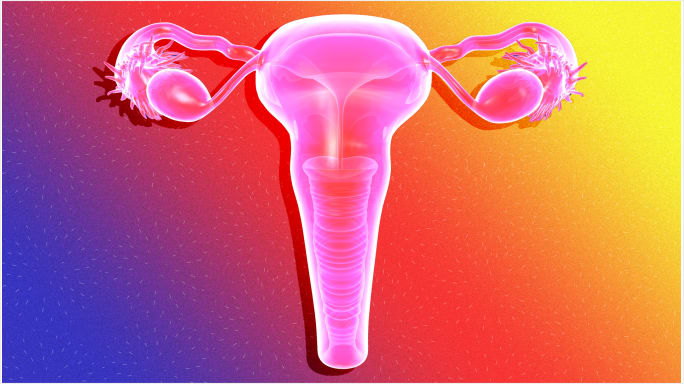When it comes to fertility and trying to conceive, am I doing something wrong, or is there something wrong with me?
As an acupuncturist and Chinese herbalist with a focus in women’s health, I work with a lot of people who are trying to get pregnant. In talking with them, I’ve learned that there are some commonly held misconceptions about periods, sex, and fertility.
Each of the examples here are from actual conversations with patients in my practice. I hope that these clarifications will help you better understand your body and make you comfortable asking questions of your health care providers.
Trust me, there’s not much we haven’t heard, and we love to share what we know!
Myth #1: Periods and ovulation are the same thing.
It’s a logical assumption. You’ve been taking the pill, and assuming it’s a one-month pack, at the end of each course of pills, you see blood. So of course you’d think that’s a period. But, in fact, it’s not.
The pill was met with a lot of resistance when it hit the market many years ago. Some people (and institutions, like, say, the Church), weren’t comfortable with women’s cycles just stopping, so pill manufacturers figured out a way to fake it with a little blood appearing at the end of each pack. This blood is not the byproduct of ovulation, so it’s not a “real” period.
Myth #2: I have really heavy periods, so I know I’m very fertile.
While it would be nice to determine fertility based on volume of menstrual flow alone, it’s not that simple. There is a range of factors that influence how much (or how little) blood is present each month. In some cases, both very heavy and very light flows can indicate a range of health issues, or none at all. Still, it’s not a forgone conclusion that heavier flow means that you are more fertile.
Myth #3: I want to have sex all the time, so I won’t have any fertility issues.
Bravo to healthy libidos! There are so many factors involved in getting pregnant, so it’s nice to cross this one off the list. That said, it’s not an indication that one can, or can’t conceive. Regardless, months (or more) of trying will likely be easier when this isn’t a concern.
Myth #4: I haven’t had a period since I stopped birth control, so I must be infertile.
While in an ideal world your periods would resume without a hiccup, it’s quite possible that you could conceive before it starts. So, if you’re banking on not getting pregnant once you stop birth control, it’s not a safe bet. If you are trying to conceive, know that it’s possible to ovulate at any point and, unless you’re being closely monitored, you might miss the ovulation window on your own.
Myth #5: I’m 40 years old, so there’s no way I’ll be able get pregnant.
It’s true that fertility declines as we age. But there is no hard and fast cutoff. It certainly helps if you’re still menstruating, but even this alone is not the sole determining factor. The ways to diagnose infertility are numerous and complicated, but one’s age alone doesn’t cut it, so, if you’re trying to conceive, consider age but know that there are many other variables.
Cover image courtesy of Shutterstock.





comments